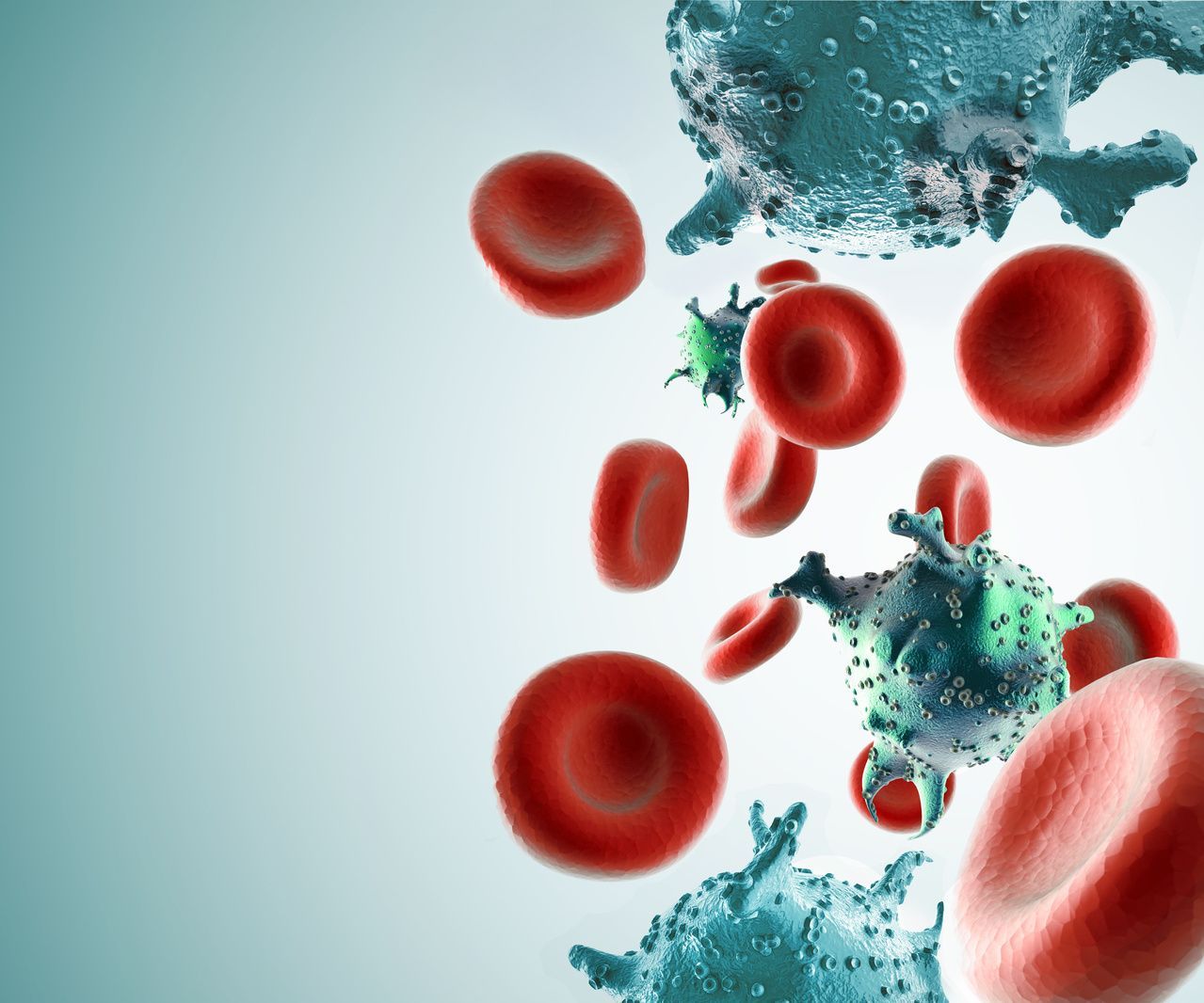- Center on Health Equity & Access
- Clinical
- Health Care Cost
- Health Care Delivery
- Insurance
- Policy
- Technology
- Value-Based Care
Study: Financial Incentives Increase PrEP Initiation, Adherence for HIV
Applying novel and effective approaches based on behavioral economics for pre-exposure prophylaxis (PrEP) dissemination programs could help to tailor the programs to the populations and settings of areas with high HIV burden.
This article was originally published by Pharmacy Times. This version has been lightly edited.
There have been few studies utilizing behavioral economics to increase pre-exposure prophylaxis (PrEP) usage for HIV prevention. Investigators of a review published by Current HIV/AIDS Reports indicated that key populations are open to accepting financial incentives to increase PrEP initiation, which improves overall adherence, although there are mixed findings on the long-term impact.
Investigators called for more research to test behavioral economics, but they also suggested methods of using ideas not based around incentives to increase PrEP usage.
According to the study authors, behavioral economics contains “insights from the fields of economics and psychology to understand the complicated underpinnings of the human decision-making process.”
They noted that there are studies that have found financial incentives to be effective for physical fitness, weight loss, smoking cessation, blood donations, and more. There have also been studies regarding incentives focusing on testing and antiretroviral therapy (ART) for HIV. In the current review, the authors aimed to determine how these incentives could affect PrEP initiation and adherence.

One of the benefits to financial incentives could be due to the ability to reduce the cost of engaging in healthy behaviors by removing financial barriers. This is in line with current behavioral economics insights, which place an emphasis on current benefits rather than a long-term benefit. For example, for PrEP initiation and adherence, it may be burdensome to some individuals to remember to take a pill or visit a health clinic despite the long-term benefits of HIV prevention.
In one study listed in the review, investigators found that male sex workers preferred higher, fixed incentives compared with lottery-based incentive structures. However, a study in Uganda determined that the lottery-based incentive did increase HIV testing in low-cost groups compared with gain-framed incentives, in which individuals received a prize after testing.
In another study, investigators found that receiving 3 vouchers for shopping over the course of 12 months was effective for PrEP usage, although it was not statistically significant. The adherence also decreased at month 3 after there were no more incentives.
In addition, a third study is investigating a novel app-based intervention for PrEP adherence that awards $0.50 when PrEP usage is recorded. The results have not been published yet, but the investigators of the review said this tactic seems promising.
There have also been studies that show reward-based testing does improve rates of testing for HIV, according to the investigators. Although this is helpful for testing, investigators also noted the difference in the results given that testing is a 1-time behavior and PrEP adherence is a daily behavior.
The review authors noted that behavioral economics approaches come with a balance. Adherence benefits must be low-cost and effective when designed for the appropriate population and setting. They also added that the incentives need to be high enough to attract patients, but not high enough to be considered coercion.
There have been concerns about the expense and sustainability of financial incentives, but investigators noted that research has shown that long-term economic benefits outweigh the cost of providing financial incentives regarding ART. One gap in literature that the investigators note is that there are many ongoing HIV prevention and treatment campaigns in places with high HIV burden, but the incidence of HIV has continued to remain high.
The review authors noted that applying novel and effective approaches based on behavioral economics for PrEP dissemination programs could help to tailor these experiences to the populations and settings of areas with high HIV burden. They also stated that this could encourage PrEP adherence to prevent new HIV infections.
Reference
Roy Paladhi U, Katz DA, Farquhar C, Thirumurthy H. Using behavioral economics to support PrEP adherence for HIV prevention. Curr HIV/AIDS Rep. 2022;19(5):409-414. doi:10.1007/s11904-022-00624-y
Elevating Equitable Health Care for the LGBTQ+ Community
June 18th 2024For the third episode in our special Pride Month series, we speak with Patrick McGovern, CEO of Callen-Lorde since August of 2023 and an outspoken advocate for HIV; lesbian, gay, bisexual, transgender, queer, plus (LGBTQ+); and community health.
Listen
Community Outreach Is Enabling CeSHHAR to Close HIV Care Gaps in Zimbabwe
April 6th 2021The Centre for Sexual Health and HIV/AIDS Research Zimbabwe conducts evidence-based research related to HIV and AIDS, as well as provides and implements sexual and reproductive health education and interventions among sex workers, children, and adolescents, and in the area of masculinity.
Listen
